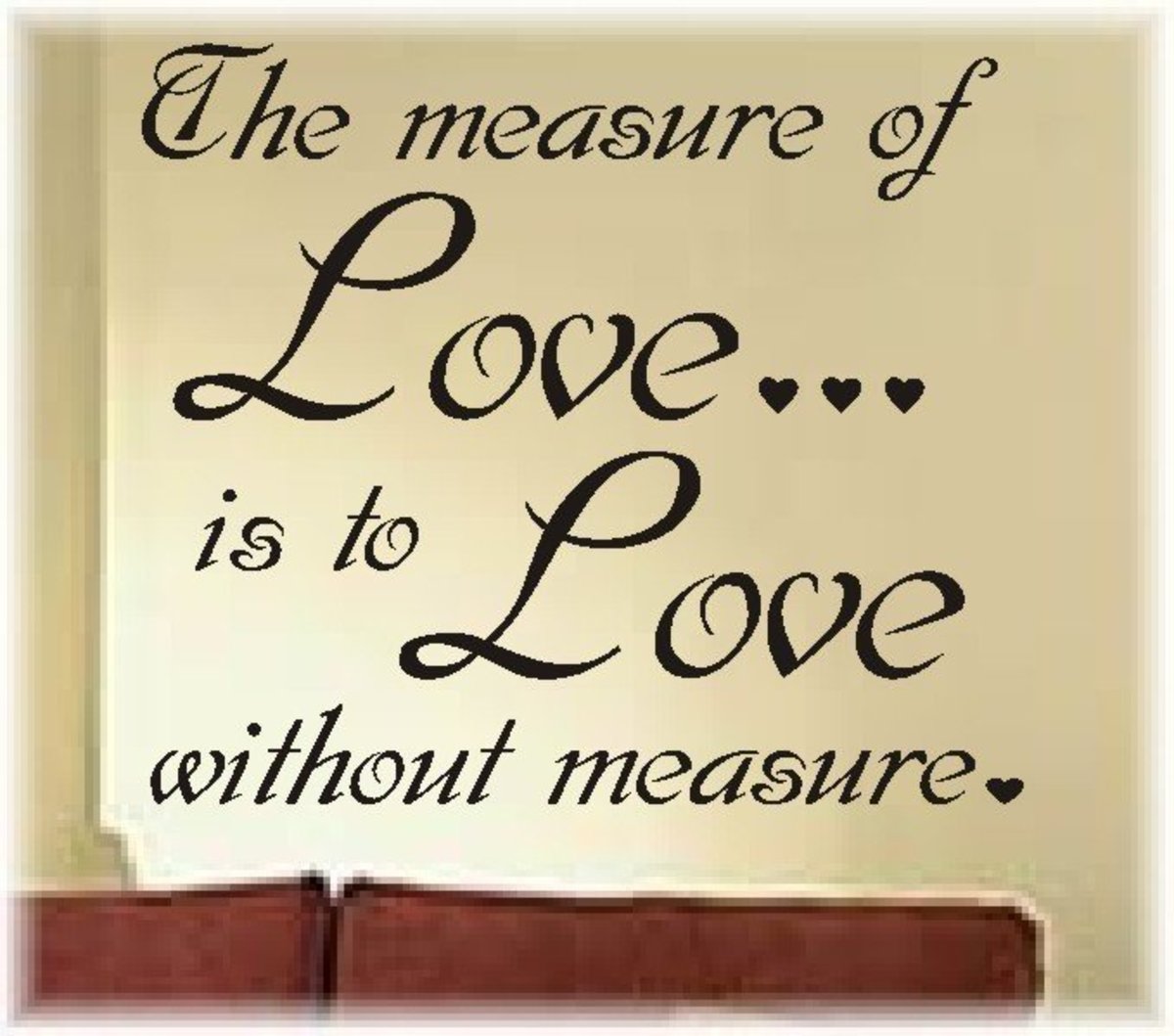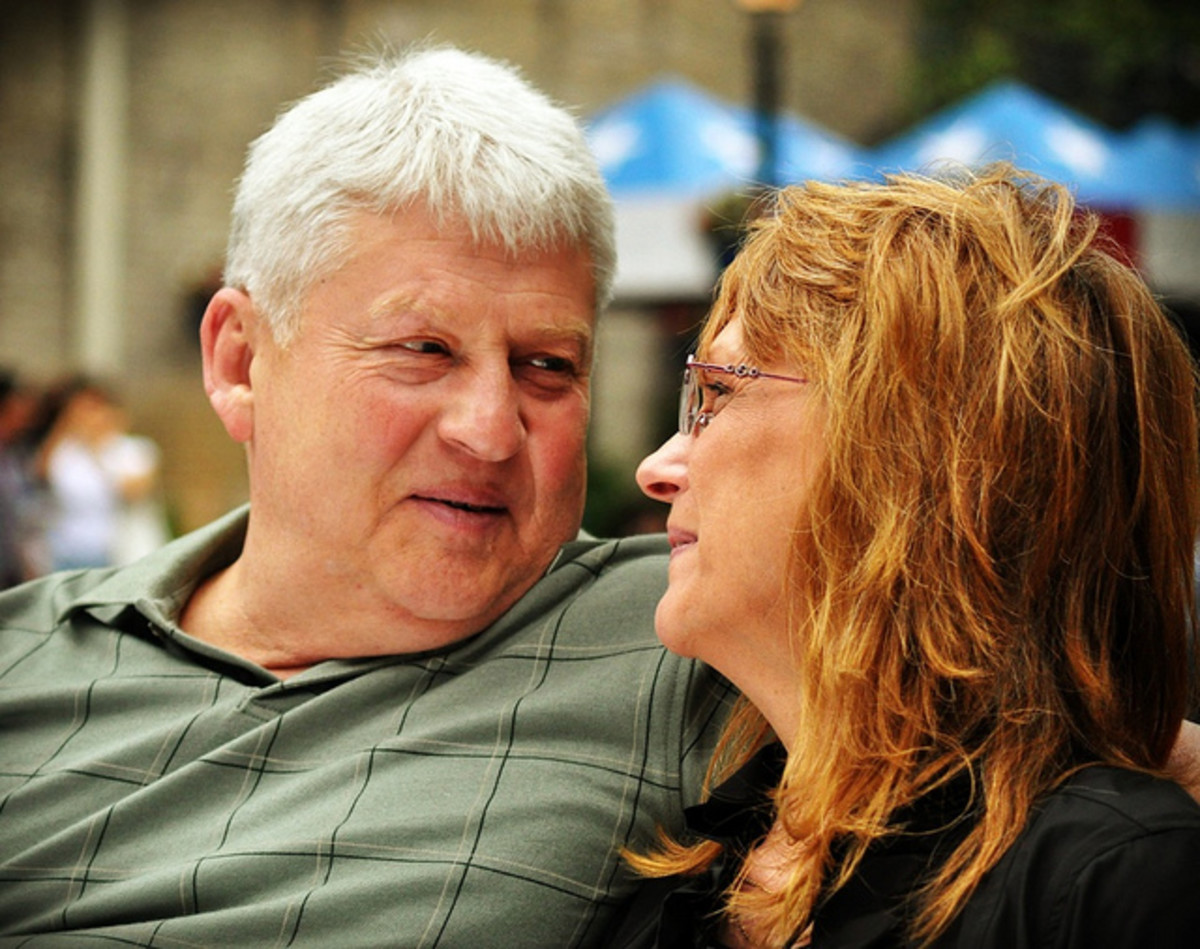Understanding Unconditional Love and its Role in Relationships

“Unconditional love really exists in each of us. It is part of our deep inner being. It is not so much an active emotion as a state of being. It’s not ‘I love you’ for this or that reason, not ‘I love you if you love me.’ It is love for no reason, love without an object.”
— Ram DassWhat is unconditional love is quite misunderstood. Unconditional love sounds wonderful but it is difficult to practice. Unconditional love exists in the absence of any benefit for the person who gives it.
At the heart of the conditional love, there is a premise that the person giving the love does so because they get something back in return, often unrealistic expectations.
More accurately, it is the love that requires the recipient not to act in a way that the giver finds unacceptable or intolerable.
The features that characterize unconditional love:
- It transcends all behavior and in no way depends upon any form of reciprocation.
- It is completely and utterly selfless. It flows without effort from one’s heart rather than coming consciously from one’s mind.
- The first misconception about unconditional love is that it can be declared to someone. When we try to declare it, it loses its essence of selflessness.
- An effort to declare it implies that the giver needs attention or adulation, which negates its very essence.
- There is no way to predict how one may react to a person in a given set of circumstances. Therefore, unconditional love can exist only as a feeling and not as a mental or verbal concept.
- Unconditional love does not mean that one feels warmth and affection towards one’s beloved at all times. One can be angry at them, frustrated with them and hurt by them but still continue giving unconditional love.
- The natural highs and lows of a relationship cannot deeply influence the underlying feeling.
When our love is not adulterated or diluted by expectations, we become happier individuals since our expectations can never be fulfilled fully. The fulfillment of expectations is based on the similarities with other person’s nature. But there is no guarantee that all aspects of our nature will be similar or complement the other person’s nature.
Role of unconditional love in relationships –
In most of our relationships, one feels that it is the other person's duty to make us happy, to meet all of our needs, to understand us and know what we want without asking. Either of the partners is in the same situation at different times. Such a situation is perpetually frustrating for both. This results in a perpetual stand-off, leading to dissatisfaction in the relationship. Lasting relationships simply cannot be built upon a partnership in which one or both people are seeking to have emotional and psychological nourishment.
Lasting relationships require unconditional love, which should have the following elements to make a relationship a success:
- Both the partners should focus on what keeps them together. It does not mean that they disregard abuse or neglect. It also does not mean they can’t separate if both partners are unhappy.
- They should endure unfavorable conditions together. They shouldn’t let the dark and disappointing times fool them into thinking that they can’t be in the relationship.
- They should welcome together happiness, romance, adventures, jokes, laughter, disagreements, sadness, tears, and all of the other unknowns. No love is perfect; the bad is just as much a part of the love as the good.
- They should understand that the partners have flaws, obsessions, particularities, and opinions. They should also understand that no one is perfect, not you or your partner. So accept the partner as a human being, who makes mistakes.
- Relationships involve both give and take. Both shouldn’t encourage resentment in either one of them. Make compromises for the partner. Allow the partner to make compromises for you. They must respect each other.
- They must believe that both are worthy of happiness and must work in this direction.
Above all, unconditional love doesn’t imply ignoring the trials and tribulations that come with combining two lives into one but rather accepting them as part of the relationship as a whole.
Role of unconditional love in romantic love –
When two people meet and fall in love, everything seems perfect. It appears that the one you just fell hard for can't do anything wrong. It's when the reality of infatuation and newness wears off, the person's genuine self is revealed.
- Researchers have found that romantic love suppresses the part of the brain associated with the critical social assessment of people and their negative emotions. This means if you’re in love with someone, your brain’s ability to critically assess the nature of your partner’s character is reduced. And that can be dangerous.
- Expecting or granting unconditional love in romantic relationships poses real hazards to individual emotional health. It may create optimal conditions for abuse.
- When you expect someone to love you romantically without any conditions, you are making a difficult proposition.
Tips on how to practice unconditional love -
- Start to act a certain way, not requiring someone else to be something they are not. Your love is not based on what someone else does or says. This means you can continue to act the same way regardless of how other people behave.
- Unconditional love is a conscious decision you make every day and in every new situation that comes along. There are no rules laid out for everyone, you apply it person by person.
- If you are constantly pleasing others you are lacking self-love. So give yourself unconditional love first and the rest will come.
- Trying to protect someone from being uncomfortable is not a sign of unconditional love. Unconditional love requires you to let them experience pain so that they will find their own way and grow at their own pace.
- If someone has hurt you or let you down, choose forgiveness by letting go of the anger and resentment you have towards them. If you choose to act lovingly and not hold on to negative feelings, you will love them unconditionally.
- Show love to those, whom you think don’t deserve it. When someone else is negative towards you, it’s likely that these people lack something in their own life that prevents them from truly loving someone. Put yourself in their shoes. It can help you understand the situation because you know deep inside it is more to do with them than with you.
- Do something every day for which you don’t want anything in return. You’ll get pleasure from just giving unconditional love.
Its spiritual connection –
The spiritualists consider unconditional love as spiritual as it is given no matter what the circumstances are. This form of love is divine and only develops after a considerable amount of spiritual practice when one perceives God in everyone. Therefore, unconditional love is aspired for the achievement of personal and spiritual growth as the highest form of love.
We can love someone unconditionally from a distance, notwithstanding how one treats us. We can pray for them, wish them well and want the best for them, while maintaining our boundaries. In its purest sense, unconditional love doesn’t mean allowing someone to repeatedly abuse or harm us, no matter what. But it requires us to forgive them for their misdeeds without harboring any grudge because forgiveness is an expression of love.
The bottom line –
Unconditional love exists inherently in all of us. But over time with the evolution of human beings, it has lost its significance. We began having expectations from others in return to our love. This has affected our relationships, leading to a rise in the number of their break-ups. Thus, unconditional love plays a significant role in sustaining good and healthy relationships.








